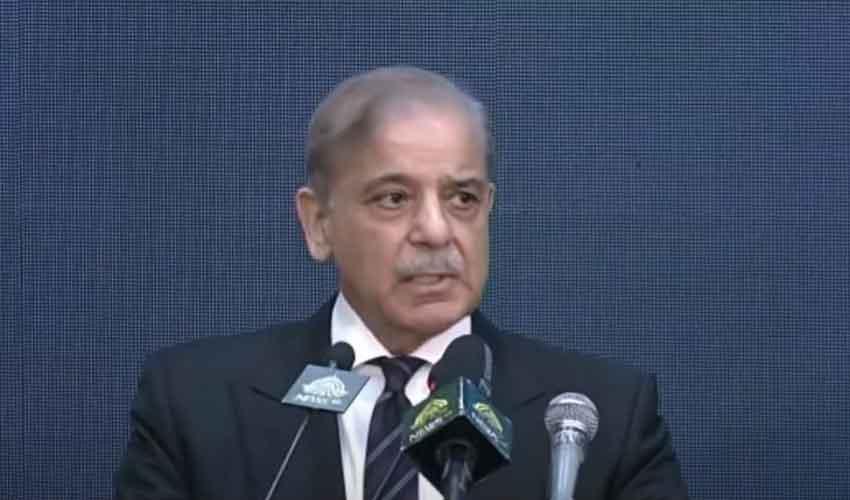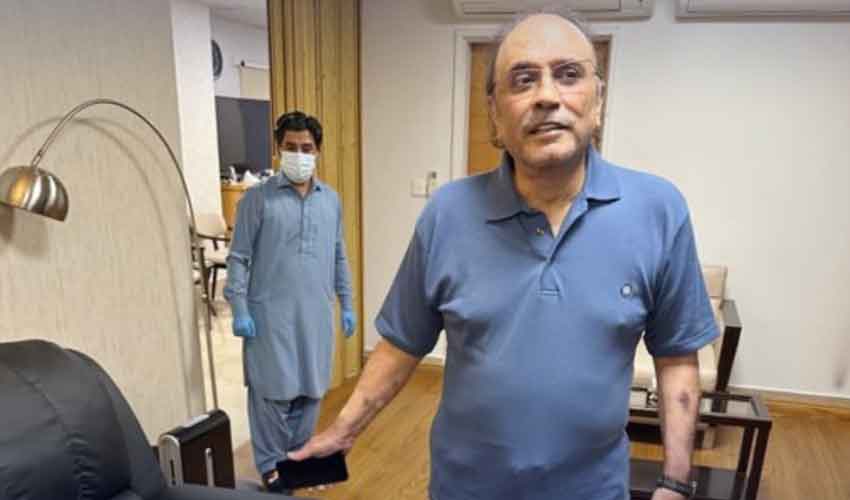The Supreme Court of Pakistan has approved the government's request to correct its earlier review decision in the Qadiani Mubarak Sani case, bringing a major dispute to a close in a single hearing.
The court, led by Chief Justice Qazi Faiz Isa, removed the controversial paragraphs from the original judgment issued on February 6 and the subsequent review decision on July 24.
In a nearly seven-hour-long hearing, the Chief Justice issued a brief order stating that the disputed paragraphs would not serve as judicial precedent. The court also instructed the trial court to continue its proceedings without being influenced by the now-removed sections of the judgment.
These removed paragraphs had previously mentioned the banned book associated with the Qadiani community, as well as discussions on the propagation of their beliefs and the application of legal provisions against them.
During the hearing, Chief Justice Isa shared personal reflections, referring to his family's historical ties with Quaid-e-Azam, Tehreek-e-Pakistan, Mufti Mahmood, and Masjid Mahabat Khan. He urged the scholars to avoid repeating the claims of Mirza Ghulam Ahmad Qadiani, stating his disinterest in revisiting those controversial topics.
Prominent Islamic scholar Mufti Taqi Usmani, who participated via video link from Turkey, mentioned that he had provided comments on the February 6 decision, though it was unclear if they had been received by the court.
Justice Isa responded by noting that the review process had addressed the concerns raised and emphasized the need to move forward.
The Chief Justice also clarified that Article 260 of the Constitution clearly outlines the relevant legal framework, leaving no room for ambiguity. He added that the judgment explicitly states that nothing can contradict the law, including Section 295C.
The court swiftly acted on the government's revision request and invited guidance on any errors identified in the review decision, asserting that the court held no ego in the matter.
When opposition leader Hamid Raza raised concerns that the government had not responded to their requests, the Chief Justice suggested that such discussions should take place in Parliament, as the current proceedings involved scholars, a group to which he said Raza's rank was not equivalent.



























